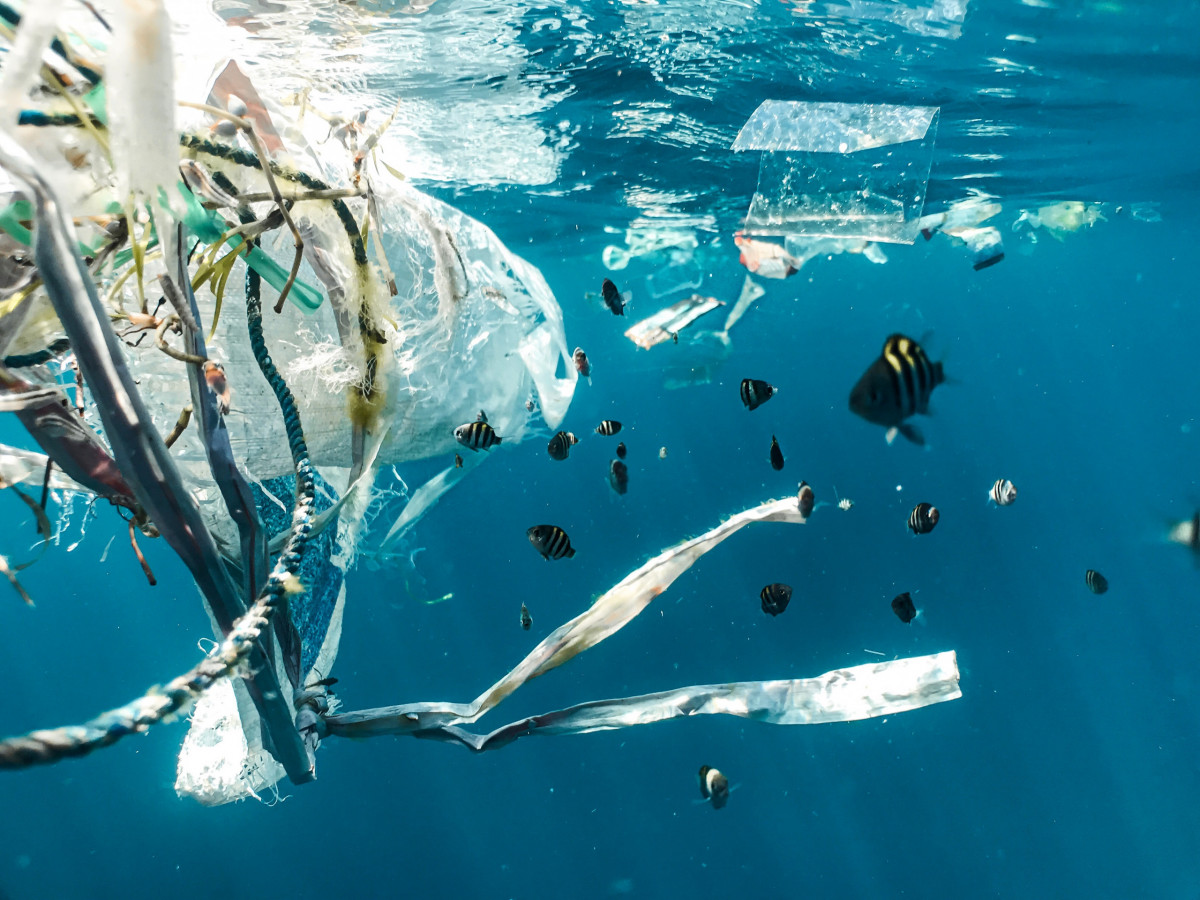With cities producing an estimated 75% of all plastic waste, the Paris International Forum to End Plastic Pollution in Cities summit is seeking to unify solutions and establish a treaty for action.
“Our planet is choking on plastics”, said the United Nations in a recent report. The situation is at its worst in large urban centres, where populations are dense and consumption is higher.
On the back of this damning statement came the first ever Paris International Forum to End Plastic Pollution in Cities summit on Friday 26th May. It was an in-person and online event that gathered together mayors from every continent as well as scientists, non-governmental organisations (NGOs) and intergovernmental and philanthropic associations and organisations that are committed to fighting plastic pollution.
It is being followed up with meetings held from Monday 29th May to Friday 2nd June with the 55-nation coalition of the Intergovernmental Negotiating Committee (INC), which was set up in December 2022 by the UN.
The goal is to develop an official plastics treaty aimed specifically at limiting production and favouring recycling.
CLOSE, BUT NOT THERE YET
In early May, the UN’s Environment Programme (UNEP) released a proposal to reduce plastic waste by 80% by 2040 that focused on three key areas: reusing, recycling and finding solid alternatives to plastic packaging. This approach is being picked up for the potential contents of the treaty, which could also include outright bans on certain plastics that are hard to recycle as well as making improvements to waste management.
The UNEP report identified 13,000 chemicals associated with plastic production, over 3,000 of which it considers to be dangerous, and with many nations already citing plastics as a public health risk, this aspect will be addressed by treaty-makers over the course of this week too.
“We have a responsibility to protect human health from the most harmful polymers and chemicals of concern through the treaty,” said Rwanda’s Environment Minister, Jeanne d’Arc Mujawamariya, who is the co-chair of the High Ambition Coalition to End Plastic Pollution.
“Real solutions to the plastics crisis will require global controls on chemicals in plastics and significant reductions in plastic production,” echoed Dr Therese Karlsson, a science advisor with the International Pollutants Elimination Network.
There are still issues that need to be resolved before any treaty came become reality. These include figuring out how to finance new policies as well as how to implement and police them once they are enacted.
What all agree on, however, is that a solution to the world’s plastic’s problem can’t come soon enough.
Sign up for the Monaco Life newsletter. For the latest news, follow us on Facebook, Twitter, and Instagram.
SEE ALSO:
Monaco joins ambitious international treaty to end plastic pollution
Photo source: Naja Bertolt Jensen for Unsplash
